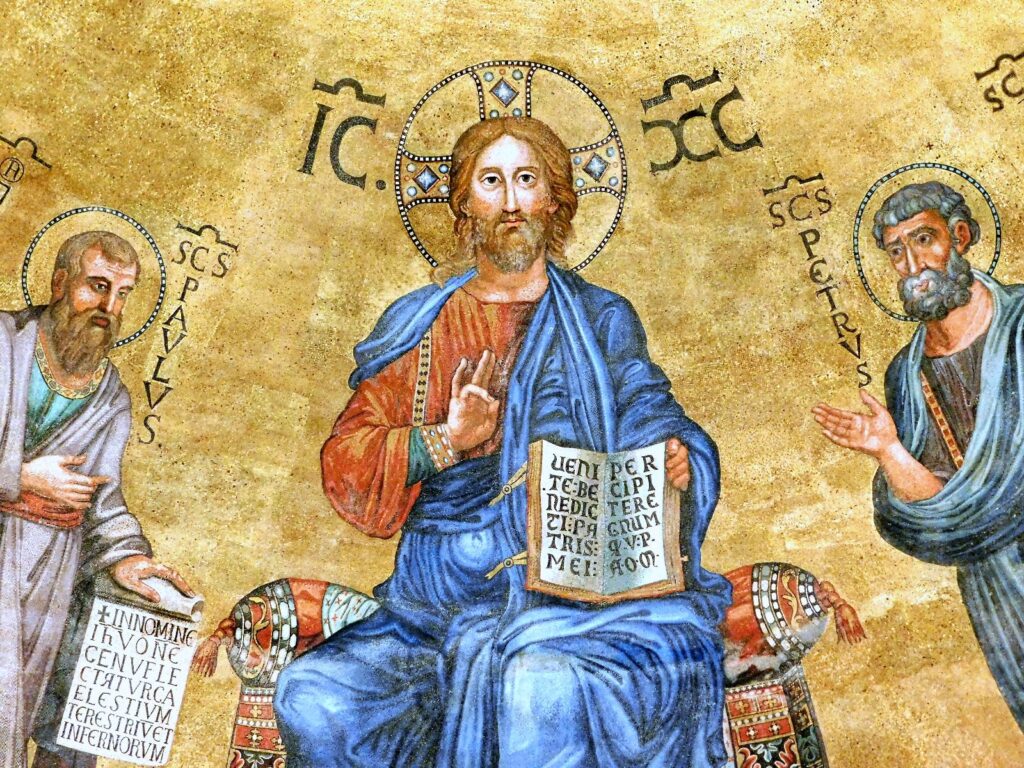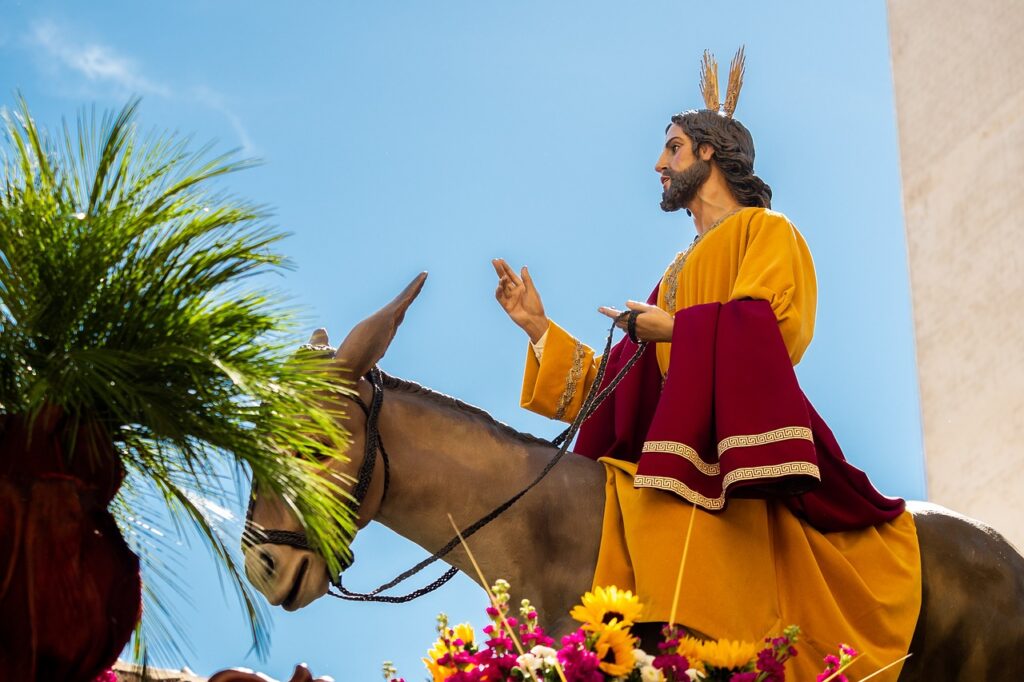Heschel Centre for Catholic-Jewish Relations at the Catholic University of Lublin
Church and World , Spirituality
08 February, 2025
2 min
Sunday Psalm: Hesed – Faithfulness to His Love
“Psalm 138 resounds during the Sunday liturgy as a hymn of thanksgiving for God’s unceasing ‘hesed’ — His steadfast love that continually sends messengers of the Gospel of Jesus Christ into the world. This Gospel is His final Word to humanity, a Word of salvation,” writes Fr. Dr. Piotr Kot from the Heschel Center at […]

“Psalm 138 resounds during the Sunday liturgy as a hymn of thanksgiving for God’s unceasing ‘hesed’ — His steadfast love that continually sends messengers of the Gospel of Jesus Christ into the world. This Gospel is His final Word to humanity, a Word of salvation,” writes Fr. Dr. Piotr Kot from the Heschel Center at the John Paul II Catholic University of Lublin (KUL) in his Sunday, February 9 commentary.
Psalm 138 is a song of thanksgiving offered to God, who continually draws near to humanity despite its disbelief and audacious covenant-breaking. It is because — as Abraham J. Heschel wrote in one of his works — “no word from God is final.” This profound insight, born of reflection on the writings of the Old Testament, finds new and complete expression in the New Testament. In Jesus Christ, the eternal Word of the Father, God definitively reveals His love, establishing a new covenant with humanity and bringing salvation.
Psalm 138 opens with an image of Israel surrounded by pagans who worship deceitful deities (in the Hebrew Bible, referred to as Elohim). Despite this environment, Israel praises the one true God (YHWH) “with all its heart.” This image is profoundly moving, as the chosen people’s history is marked by moments of rebellion against the Creator and defiance toward the Torah. Yet despite such attitudes, God continually approached them with His word and lavished them with promises. Ultimately, Israel could always count on God’s hesed — the graciousness of “the God in search of man” (Abraham J. Heschel). The divine motive for this compassion was pure love. Rabbi Akiva taught: “Beloved is man, for he was created in the image of God.” Daniel Elazar, in turn, described hesed as a “loving covenant obligation.” Therefore, Israel praised God for His graciousness, simply His faithfulness.
God’s graciousness in the New Testament is fully revealed in the mission of Jesus Christ, the Son of God, who came into the world to save sinners. Jesus is the incarnate hesed of the Father. One of the most moving illustrations of God’s hesed in the Gospels is the father’s attitude in the parable of the two sons (Luke 15:11-32). Despite the profound wound inflicted by the younger son, the father remained ready to forgive and restore the broken relationship. As St. John Paul II wrote in his encyclical Dives in Misericordia, the prodigal son’s father proved himself “faithful to his fatherhood, faithful to the love that he had always lavished on his son.” This faithfulness to himself on the father’s part is a hallmark of the Old Testament’s hesed: “The father’s fidelity to himself is totally concentrated upon the humanity of the lost son, upon his dignity.”
Psalm 138 resounds during the Sunday liturgy as a hymn of thanksgiving for God’s hesed, which continues to send messengers of the Gospel of Jesus Christ into the world. This Gospel is His final Word to humanity, a Word of salvation.
Related

From Kahlenberg to the Papal Cross – Polish Night Way of the Cross in Vienna
Heschel Centre for Catholic-Jewish Relations at the Catholic University of Lublin
15 April, 2025
2 min

“I Will Never Be Herod for the Innocents”
Wlodzimierz Redzioch
14 April, 2025
6 min

Reflection by Bishop Enrique Díaz: On a Donkey
Enrique Díaz
13 April, 2025
5 min

I have ardently desired to eat this Passover with you: Fr. Jorge Miró
Jorge Miró
12 April, 2025
2 min
 (EN)
(EN)
 (ES)
(ES)
 (IT)
(IT)

